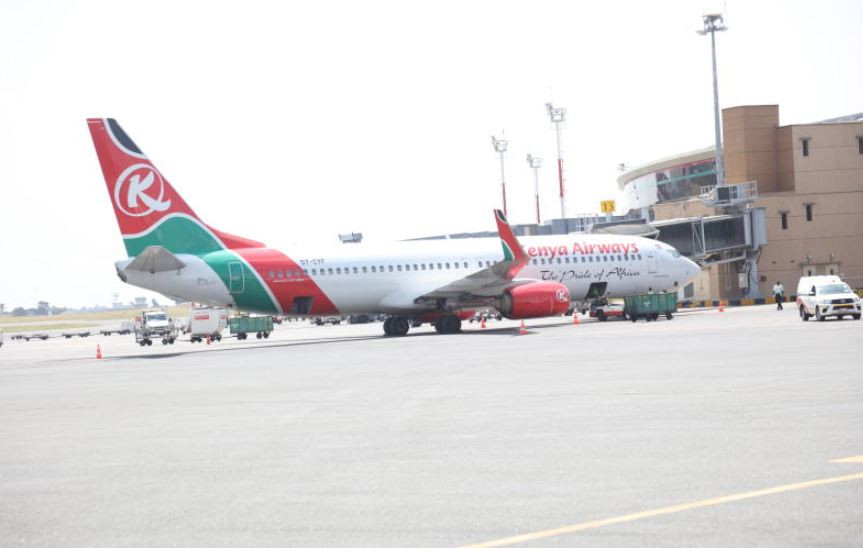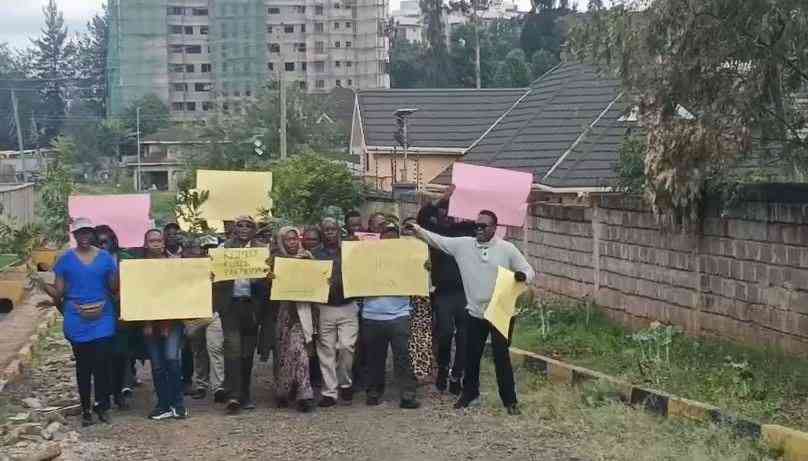×
The Standard e-Paper
Kenya's Bold Newspaper

Hundreds of thousands of civil servants and their dependents across the country are in a quandary following the Ruto administration's announcement of a radical reorganisation of government agencies.
The sweeping reforms will see nine state corporations dissolved and dozens more merged or sold, leaving employees staring at an uncertain future. The government insists that the restructuring is necessary to save money and improve efficiency in the public sector.







